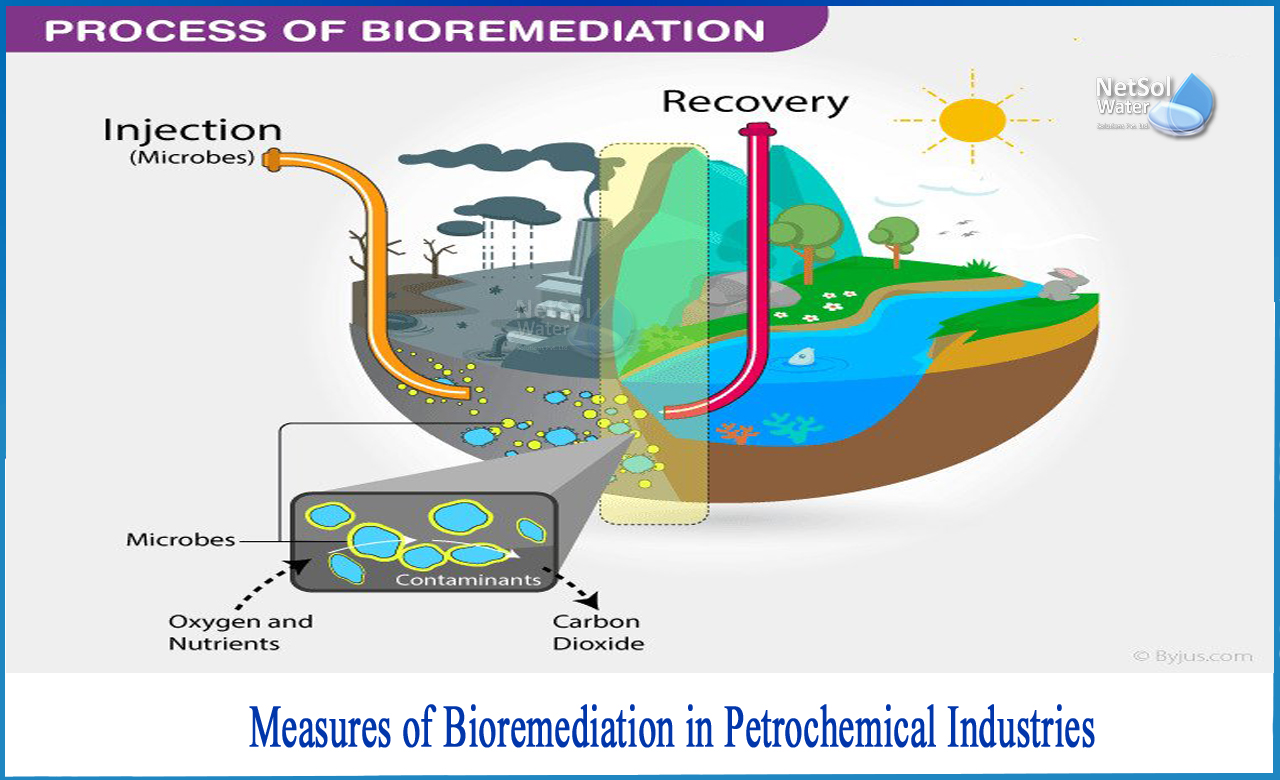An overview
The petrochemical sector is one of the world's fastest expanding industries, contributing considerably to global economic growth. However, several refinery processes that include water, such as equipment cooling and desalting, result in the production of effluents. In addition, a large amount of hazardous waste containing organic and inorganic substances has been left behind, which must be treated.
Petroleum and its contribution to the contamination
Petroleum, which is a combination of hydrocarbons and organic chemicals, has contaminated land and water as a result of spills, uncontrolled waste dumping, and untreated wastewater disposal. Furthermore, one of the greatest environmental dangers is the combination of inefficient treatment procedures and the strain on treatment facilities caused by wastewater overflow. It can be harmful to aquatic species, plants, and animals, as well as the human population living nearby.
As a result, petroleum pollution is a global environmental concern that requires immediate attention and creative solutions. Bioremediation is one of the most effective and long-term strategies for removing toxins and pollutants from soil and water without harming other environmental elements.
Bioremediation
Living biological microorganisms are used in the bioremediation process to break down toxins, contaminants and pollutants in hazardous waste and convert them to innocuous chemicals like carbon dioxide and water.
In the presence and absence of oxygen, aerobic and anaerobic microorganisms are utilised for the breakdown process. Bioremediation is integrated into the biological treatment stage of wastewater treatment facilities and aids in the breakdown of organic contaminants. It's also important for treating wastewater in bioreactors. For soil remediation, land clean-up, and air bio-filtration, bioremediation is a viable option.
Bioremediation is commonly favoured over traditional chemical treatment procedures, which are known to have a harmful influence on the environment, because it utilises natural living creatures. As a result, bioremediation is a crucial component of programmes such as Green Development, Sustainability, and accomplishing bio-economy objectives. It also has a higher economic worth, fewer technological techniques, and a higher level of popular acceptability.
How to measure bioremediation in petrochemical industries?
Various items are created in petrochemical industries all around the world. Refineries emit a variety of pollutants depending on the methods and procedures used. Oil components such as wax, dissolved minerals such as heavy metals, dissolved organic compounds such as phenol, acids, and inorganic compounds have all been discovered in petroleum.
Carbon dioxide gases in dissolved form, as well as hydrogen sulphide, are present. All of these substances pollute soil and water resources. Aromatics, saturates, asphaltenes (ketones, esters, phenols, fatty acids, and porphyrins) and resins are the four types of petroleum hydrocarbon pollutants found in the effluent. The availability of microorganisms as well as their vulnerability to microbial attack restrict the breakdown of these.
Conclusion
Microbes that are naturally present in the environment have been feeding on oil matter since the dawn of time, decomposing lipids, fatty acids, and glycerol into simpler molecules.
Aeromicrobium, Gordonia, Brevibacterium, and Mycobacterium are some of the bacterial genera that have been isolated and examined from petroleum polluted soil and have proven to be promising hydrocarbon degrading microorganisms. However, naturally existing microbes are incapable of treating the massive amount of petroleum pollution. Years of bioremediation research and study have therefore aided in the development of a specific microbial community utilising synthetic biology.
A diverse population of microorganisms can be employed to boost efficacy through coordinated influence in today's petrochemical industries to have an effective and efficient wastewater treatment process.
Netsol Water is Greater Noida-based leading water & wastewater treatment plant manufacturer. We are industry's most demanding company based on client review and work quality. We are known as best commercial RO plant manufacturers, industrial RO plant manufacturer, sewage treatment plant manufacturer, Water Softener Plant Manufacturers and effluent treatment plant manufacturers. Apart from this 24x7 customer support is our USP. Call on +91-9650608473, or write us at enquiry@netsolwater.com for any support, inquiry or product-purchase related query.



